Just a few days after its launch, The North Face pulled its Wikipedia product placement campaign after a backlash labelling the initiative ‘unethical’.
The campaign, developed with ad agency Leo Burnett Tailor Made (the Brazillian arm of the ad shop), was cut on 29 May after it was widely criticised for manipulating Wikipedia to feature product placement images on high-traffic tourism pages.
The original objective behind the outdoor apparel brand’s campaign was to boost brand exposure on Google Image Search and the mechanic used was simply to hack the online encyclopaedia.
The campaign was built upon the insight into consumer behaviour that so many trips are planned with Google searches and then clicks on destination images
This saw North Face photographers despatched into the wild to shoot original images of natural landmarks – complete with people wearing its products in shot.
The sites shot included famous spots in Brazil’s Guarita State Park, Peru’s Huayna Picchu and Scotland’s Cuillin mountains and the product placements were typically subtle: with The North Face apparel cropped up in shots showing vast landscapes
The marketers then updated the Wikipedia images in the articles for those locations so that the brand would appear in the top of Google image search results when consumers researched any of those locations.
All done for a budget of zero dollars.
The brand promoted this hack stunt through a self-congratulatory video campaign: the spot asked: “How can a brand be the first on Google without paying anything for it?”
While the brand also PR’d its campaign across the ad industry.
The North Face used Wikipedia to climb to the top of Google search results https://t.co/lxr0m81wQB pic.twitter.com/3Kl2XRXftU
— Ad Age (@adage) May 28, 2019
“Our mission is to expand our frontiers so that our consumers can overcome their limits. With the ‘Top of Images’ project, we achieved our positioning and placed our products in a fully contextualized manner as items that go hand in hand with these destinations,” explained Fabricio Luzzi, CEO of The North Face Brazil in a statement.
Comment:
The hack certainly seemed to work initially and The North Face marketers said that their main challenge was to execute the campaign without attracting the attention of Wikipedia moderators.
But the backlash began with the online community and then saw Wikipedia itself launch a scathing dressing critique claiming that the marketing initiative was nothing more than an ‘unethical… short-lived marketing stunt’ and accused North Face of ‘boasting’ about the stunt and lying about collaborating with the online encyclopaedia (which uses volunteer moderators to ensure accuracy and neutrality).
“What they did was akin to defacing public property,” said a Wikipedia statement.
“When The North Face exploits the trust you have in Wikipedia to sell you more clothes, you should be angry”.
Wikipedia’s hard-hitting and withering response also surely sought to dissuade other brands from similar approaches in order to generate greater Google visibility.
The North Face issued a full apology: “We believe deeply in Wikipedia’s mission and apologize for engaging in activity inconsistent with those principles. Effective immediately, we have ended the campaign and moving forward, we’ll commit to ensuring that our teams and vendors are better trained on the site policies.
Wikipedia, which is run through 1200 voluntary integrity gatekeepers, is the fifth most visited site in the worth and boasts 48m articles and is available in 300 languages.
This isn’t the first time marketers have run stunt hacks of this kind: for example, back in 2017 Burger King ran an award-winning hack of Google Home and also altered the brand’s Wikipedia page n order to extend the life of its TV commercial.
Indeed, Leo Burnett Tailor Made’s original statement suggests that the agency might even had been anticipating a backlash and that the ensuing controversy and attention was part of the original campaign strategy.
This kind of online marketing manipulation further damages consumer trust both in the digital space and in the marketing industry.
So much online content is now little more than brand, organisation or state backed information warfare or propaganda.
Oh how we long for the old days of traditional above-the-line media when we knew who was attempting to manipulate us.
Links:
The North Face
https://www.instagram.com/thenorthface/
https://www.facebook.com/thenorthface
https://twitter.com/TheNorthFace
https://www.youtube.com/thenorthface
https://www.pinterest.com/thenorthface/
Leo Burnett Tailor Made
http://www.leoburnett.com.br/home/
https://leoburnett.com/search/?keywords=tailor-made

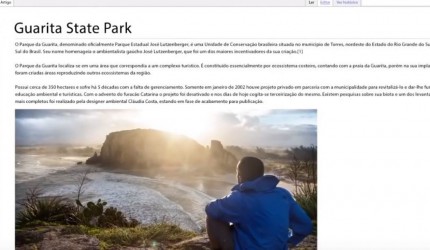
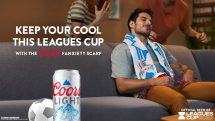




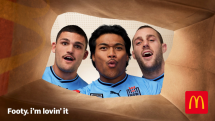




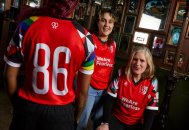


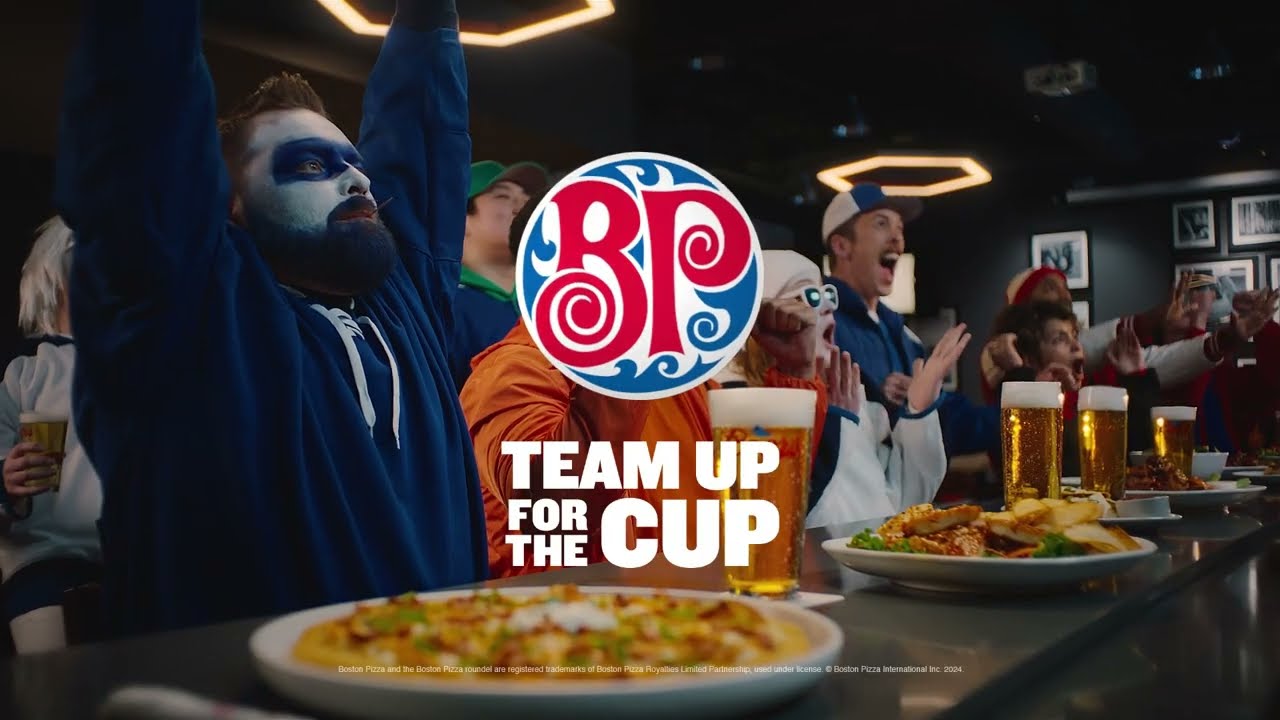

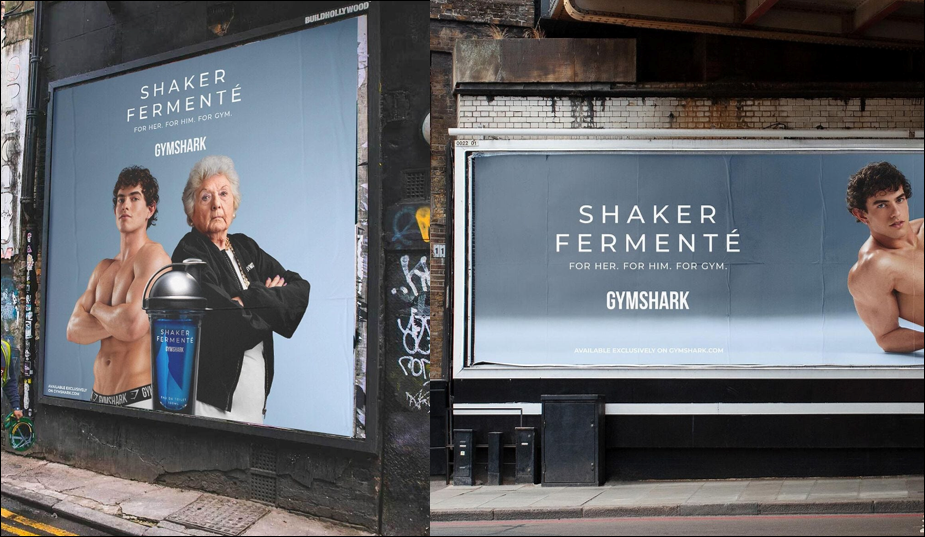
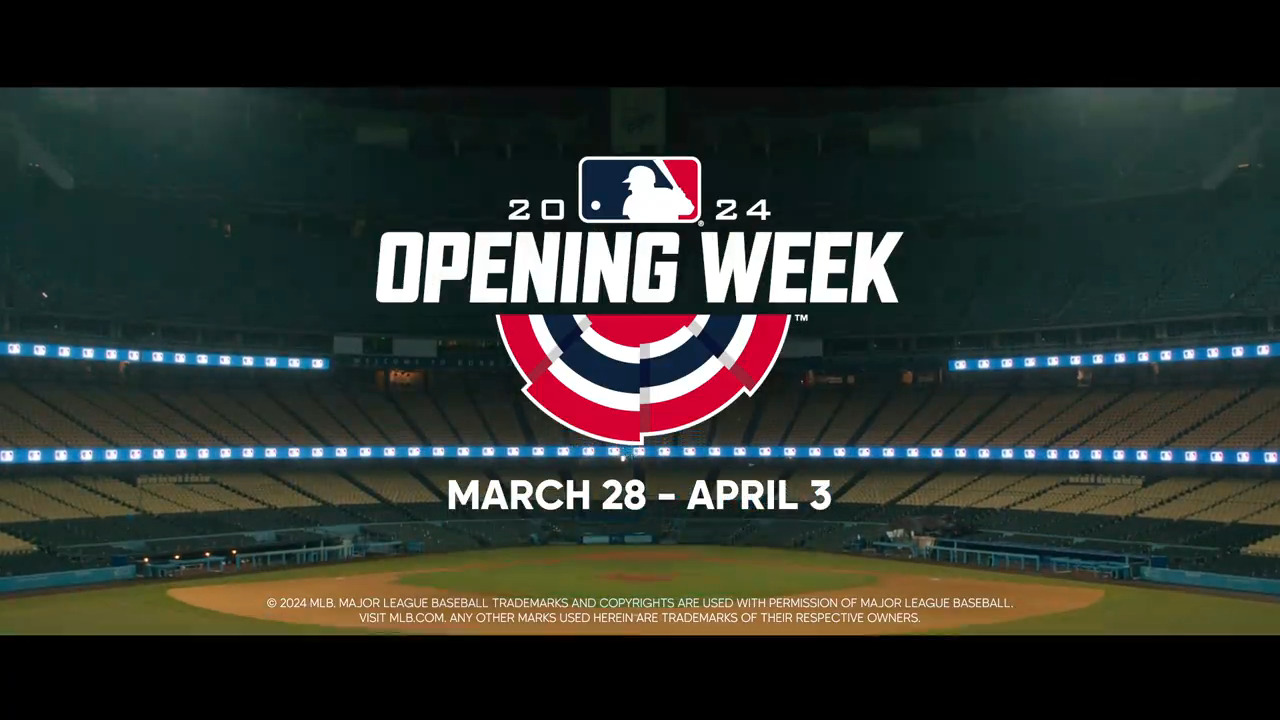

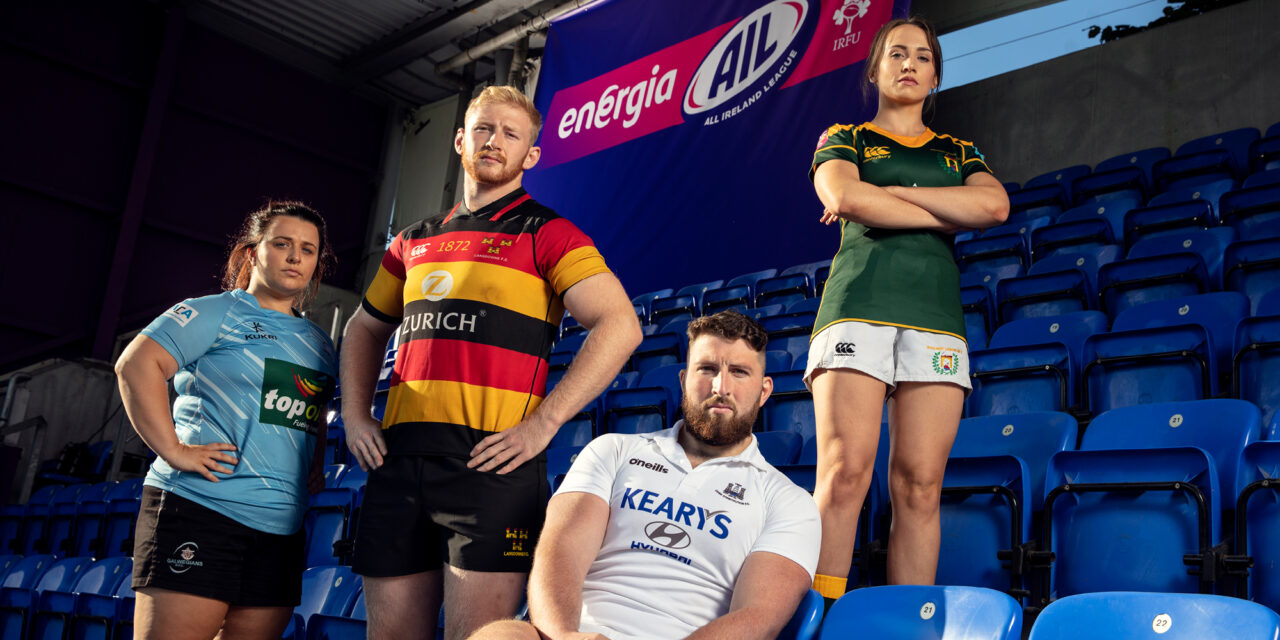


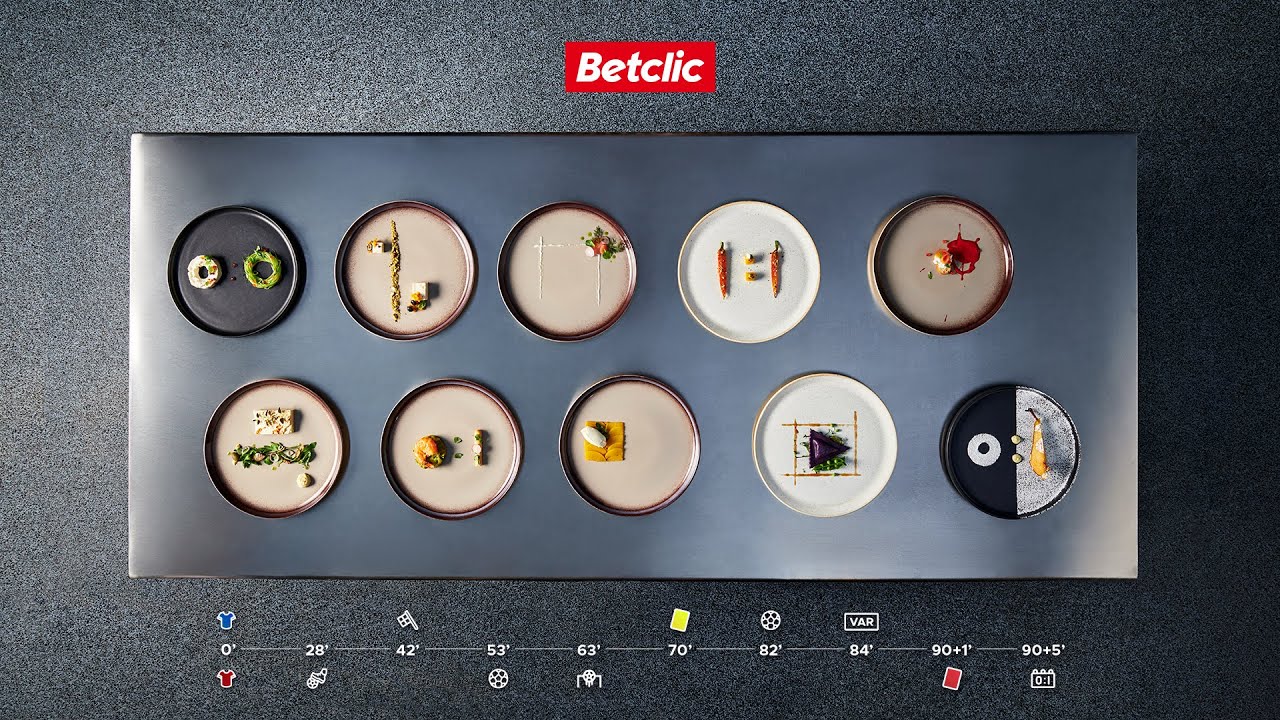

Leave a comment
You must be logged in to post a comment.